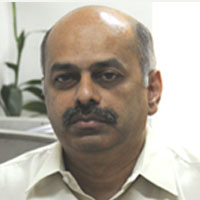India Launches Radar Satellite
ISRO has done its job and now the onus lies on other agencies to make appropriate and timely use of the inputs that will be provided by RISAT-1.
- Ajey Lele |
- April 27, 2012 |

Deputy Director General
|